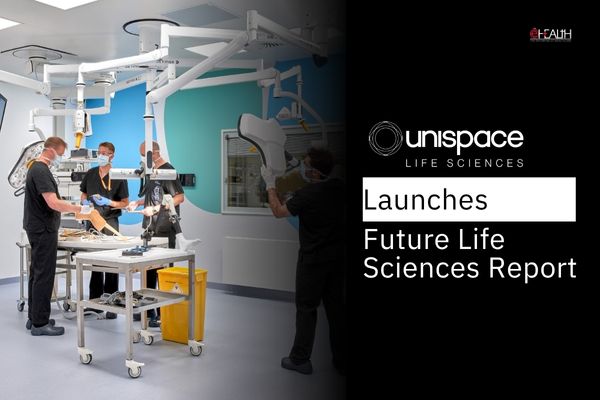An ultrasound technique that measures stiffness of tissue dramatically improves detection rates in finding breast cancer, according to a presentation at the annual meeting of the Radiological Society of North America (RSNA). Researchers at the Elizabeth Wende Breast Care centre in Rochester, New York found that elastography, which uses ultrasound to determine how elastic tissue is, was able to heavily reduce the number of false positives in breast cancer cases, which often lead to unnecessary biopsies. In fact, recent studies estimate that only one out of 10 biopsies performed following ultrasound finds cancers. In the current study, the doctors looked at 198 suspicious findings from 193 patients, of which around 140 were biopsied. Of the 140 biopsies, they discovered 59 cancers. As expected, elastography was incredibly sensitive and fairly specific, according to the researchers. Be a part of Elets Collaborative Initiatives. Join Us for
Upcoming Events and explore business opportunities. Like us on
Facebook , connect with us on
LinkedIn and follow us on
Twitter ,
Instagram. "Exciting news! Elets technomedia is now on WhatsApp Channels Subscribe today by clicking the link and stay updated with the latest insights!" Click here! 

Related Research
Indian Life Sciences Sector Pioneers Future-Ready Lab Design, Setting Global Benchmark: Unispace Survey
A new global survey by Unispace, a leader in workplace strategy, design, and construction, reveals that India's life sci...
Govt Funds ₹330 Cr AI-Healthcare CoE by IIT Delhi & AIIMS Under ‘Make AI Work for India’ Initiative
The Indian Institute of Technology (IIT) Delhi and the All India Institute of Medical Sciences (AIIMS) Delhi have signed...
Vgenomics & Dr. Shroff’s Eye Hospital Unveil Tear-Based Diagnostic Breakthrough Using AI-Powered RgenX-LENS Platform
Vgenomics, a cutting-edge genomics company headquartered in Delhi, has entered an exclusive partnership with Dr. Shroff�...
VIT University and Gleneagles Hospital Chennai Sign MoU to Pioneer AI-Led Neuroscience Advancements
Gleneagles Hospital Chennai and Vellore Institute of Technology (VIT) have formalised a strategic partnership aimed at f...
Findings to treat cancer through radiation therapy: Study
India-based clinical laboratory Core Diagnostics on Monday presented its latest findings to treat cancer with the use ...
Non-invasive brainwave technology to reduce post-traumatic stress
A non-invasive brainwave mirroring technology has been developed in United States to reduce the symptoms of post-traum...
Scientists highlight factors affecting quality of life in older cancer patients
Researchers from a US university provide new insights on the factors that affect health-related quality of life in older...
Higher blood sugar in early pregnancy bad for baby's heart
The babies of mothers, who do not have diabetes, are equally at risk of developing a congenital heart defect if they hav...
Scientists move a step closer to cure haemophilia
Scientists at Queen Mary University of London have moved a step closer to cure haemophilia -- a genetic disorder that im...
MRI scans to predict patients' ability to fight cancer
Researchers in the UK have developed a non-invasive technique using standard hospital-based Magnetic Resonance Imaging (...















